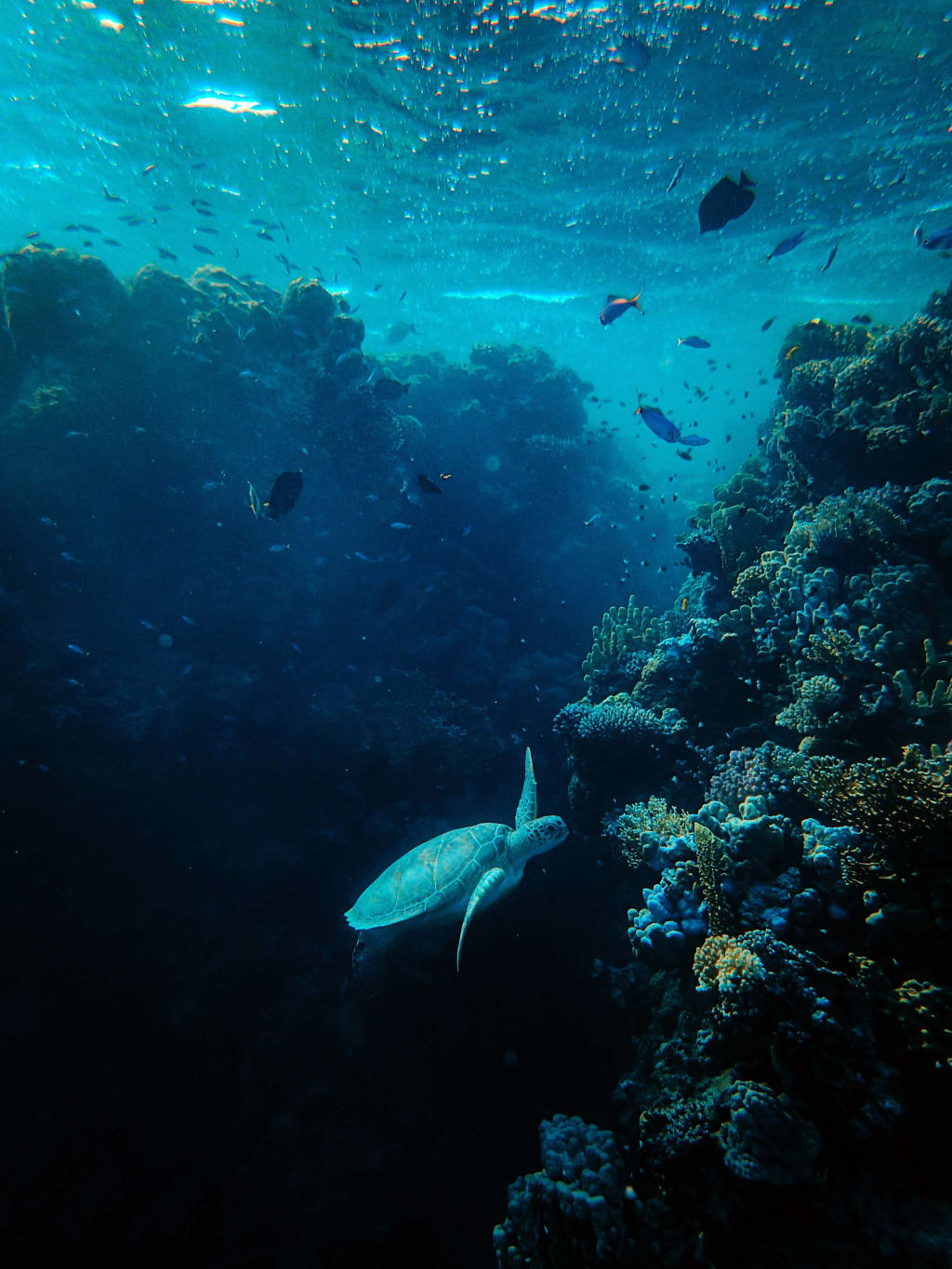The Real Reason We Don't Explore the Oceans: Unveiling the Mystery
This episode of Unveiled explores the question of why the majority of our planet's oceans remain unexplored. Despite the oceans' significance in Earth's ecosystem and human activities, such as transportation and fishing, they continue to be mysterious and underexplored. The video discusses various factors contributing to this, including the fear of deep water (thalassophobia) rooted in the dangers it poses, cultural myths like Atlantis and the Bermuda Triangle, historical maritime disasters, and the high cost and technological challenges associated with deep-sea exploration. It highlights the need for increased investment in oceanic research and the potential for collaboration between space and ocean exploration in the future.

The exploration of the oceans is indeed a challenging endeavor, and there are several factors that contribute to why the majority of our planet's oceans remain mysterious. Here are some key reasons:
Financial constraints: Deep-sea exploration requires significant financial resources to develop and operate advanced technologies such as submersibles, remotely operated vehicles (ROVs), and underwater research stations. Funding for oceanic research is often limited compared to other areas of scientific exploration, such as space.
Technological limitations: The deep ocean presents extreme conditions, including immense pressure, frigid temperatures, and complete darkness at great depths. Developing technology that can withstand these harsh conditions and operate effectively is a formidable task. While we have made progress with submarines, ROVs, and other tools, there is still much to learn and improve upon.
Lack of immediate economic incentives: Unlike space exploration, which has the potential for resource exploitation or colonization, the ocean's resources are more challenging to extract and utilize without causing significant ecological damage. As a result, the commercial drive to explore and exploit the ocean depths is currently limited.
Fear of the unknown: Thalassophobia, the fear of deep water, is a common fear that can impact people's willingness to explore the oceans. The vastness, darkness, and inherent dangers of the deep sea can evoke primal fears and make exploration psychologically daunting.
Historical and cultural influences: Myths, legends, and historical events associated with the sea, such as the sinking of the Titanic or stories of the Bermuda Triangle, contribute to a sense of mystery and fear surrounding the oceans. These narratives can influence public perception and impact the level of interest and investment in oceanic exploration.
Limited mapping and exploration: Despite the critical role that the oceans play in Earth's ecosystem, only approximately 5% of the ocean floor has been mapped in detail. This lack of comprehensive exploration hinders our understanding of the complex underwater ecosystems, geological features, and potential resources that lie beneath the surface. Without adequate mapping, it is challenging to prioritize and plan focused research expeditions.
Environmental challenges: Conducting research in the deep sea is logistically demanding and carries environmental risks. The pressure, temperature, and delicate balance of underwater ecosystems require careful and responsible exploration practices to minimize disturbances and protect fragile marine life. Striking a balance between scientific curiosity and environmental stewardship is a crucial consideration in oceanic exploration.
International cooperation and coordination: The vastness of the oceans means that exploring their depths necessitates international collaboration and coordination. Maritime borders, jurisdictional issues, and varying research priorities among nations can pose challenges to unified exploration efforts. Establishing frameworks for sharing data, resources, and knowledge is essential for maximizing the efficiency and impact of oceanic research.
Limited public awareness and interest: Space exploration has captured the public's imagination and garnered significant attention and support. In contrast, the exploration of the oceans often receives less visibility and public interest. Raising awareness about the importance of oceanic research, its potential for scientific discoveries, and its impact on our planet's health is crucial in generating public support and encouraging further exploration.
Shifting priorities and competing interests: Funding allocations and research priorities are subject to change based on societal, economic, and political factors. Limited resources and competing demands for scientific exploration can sometimes divert attention and resources away from oceanic research. It is essential to advocate for the oceans' significance and emphasize their interconnectedness with other scientific fields to ensure continued exploration and understanding.
While these challenges exist, there is growing recognition of the importance of understanding and protecting our oceans. Efforts are being made to increase funding, develop innovative technologies, and promote scientific research and conservation initiatives to unravel the mysteries of the deep sea. Collaboration between different fields, such as oceanography, biology, and engineering, is crucial in advancing our knowledge of the oceans and their vital role in Earth's ecosystem.





Comments
There are no comments for this story
Be the first to respond and start the conversation.